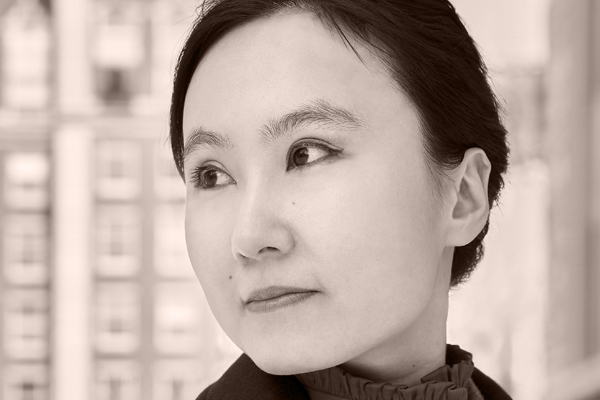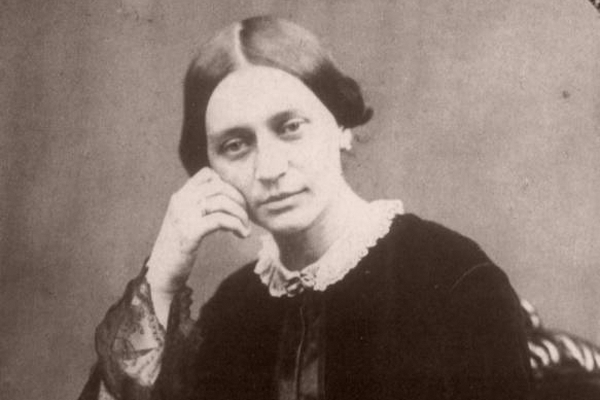Please review our Health & Safety policies before arriving at the concert venue. By purchasing tickets or ticket packages, you agree that you and any guests who use your tickets will comply with these policies.
From Wang Lu’s Rates of Extinction to Clara Schumann’s quiet defiance of a male-dominated society, we explore perspectives on persistence and extinction.
Gideon Klein: String Trio
Wang Lu: Rates of Extinction
Clara Schumann: Piano Trio in G minor, op. 17
Program Notes
by Jeff Counts
Many musical lives are short. So many, in fact, that they make their own historical subset. Mozart. Schubert. Mendelssohn. Lili Boulanger. George Gershwin. All taken far too young. Gideon Klein may not be a name that comes immediately to mind in this context, but his unwritten masterpieces have their own troubling weight to reckon with. Klein was only 26 when he died at the Nazi labor camp known as Fürstengrube, having previously spent time at Auschwitz and Terezín. Compared to the death camps, Terezín was intended as a kind of transfer station for laborers and intellectuals. Its reported benignity was a sinister fiction meant to cover up the truth of the other locations, but the horrible conditions in the “ghetto-camp” lead to countless deaths anyway. Klein was among many artists interred there, and his noble String Trio (1944) may well be the last work written by anyone at Terezín before the SS shut it down. The outer movements are bright, lean, and openly hopeful, but the true soul of the piece resides in the middle movement with a set of variations based on a folk tune (“The Kneždub Tower”) from Klein’s native Moravia.
Chinese-born composer Wang Lu’s scores regularly juxtapose the traditional music of her homeland with bleeding edge instrumental experimentation and innovation. Her wide-ranging fearlessness as an artist is reflected, in part, by her encouragement of improvisation and the inclusion of non-musical concepts like the “urban environmental sounds” and “linguistic intonation and contours” mentioned in her biography. Rates of Extinction (2017) for solo piano and projected images depicts a single year in the ongoing global attrition of Earth’s precious animals. As the composer states, “Every day, industrial expansion and the modernization of societies push the limits of Earth’s natural capacity to accommodate and sustain us. Many animal species quietly suffer and become extinct due to the harsh conditions imposed by human advancement. This piano work starts from the idea of gradually decreasing and decelerating polyrhythmic layers and simple tempo/pulse motives to represent the heart rates of different animals that went extinct around 2015.” The five connected movements of Rates of Extinction form a chilling ghost parade and require a level of virtuosity commensurate with the sorrow we should all feel about these losses.
Much like Alma Mahler and Fanny Mendelssohn, Clara Schumann rarely gets a sentence all to herself. The irony of even that sentence notwithstanding, it is true that she is almost never mentioned without the chaperoning influence of the male composers who adored her. It is a shameful thing, this knee-jerk equivocation about the contributions of certain artists, and it has survived from her time into ours. Regardless, Clara Schumann was one of the most important European musicians of the 19th century — full stop. She had the finest education, a performing career that rivaled any male contemporary, and a robust catalogue of excellent compositions, all accomplished while managing her famous husband’s complicated business affairs and deteriorating mental health. Clara’s G Minor Piano Trio dates from 1846, but it wasn’t permitted to stand on its own for long. Robert wrote a trio clearly inspired by hers just one year later, and it has become tradition to record and perform them as a pair. Never mind him, though. Clara Schumann’s Trio is a High-Romantic gem, one that enshrines the same qualities that made her such a sought-after pianist — craft, insight and an arresting emotional generosity.







